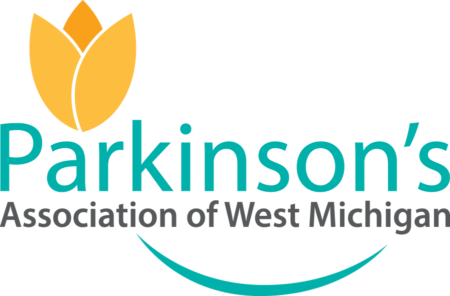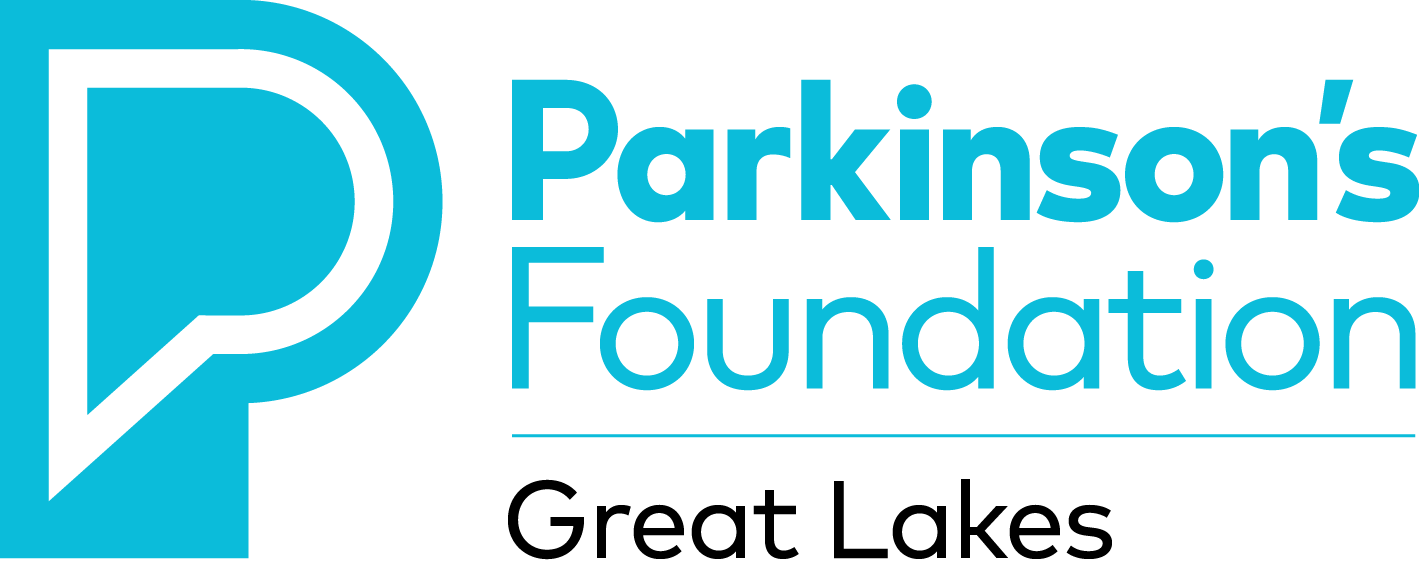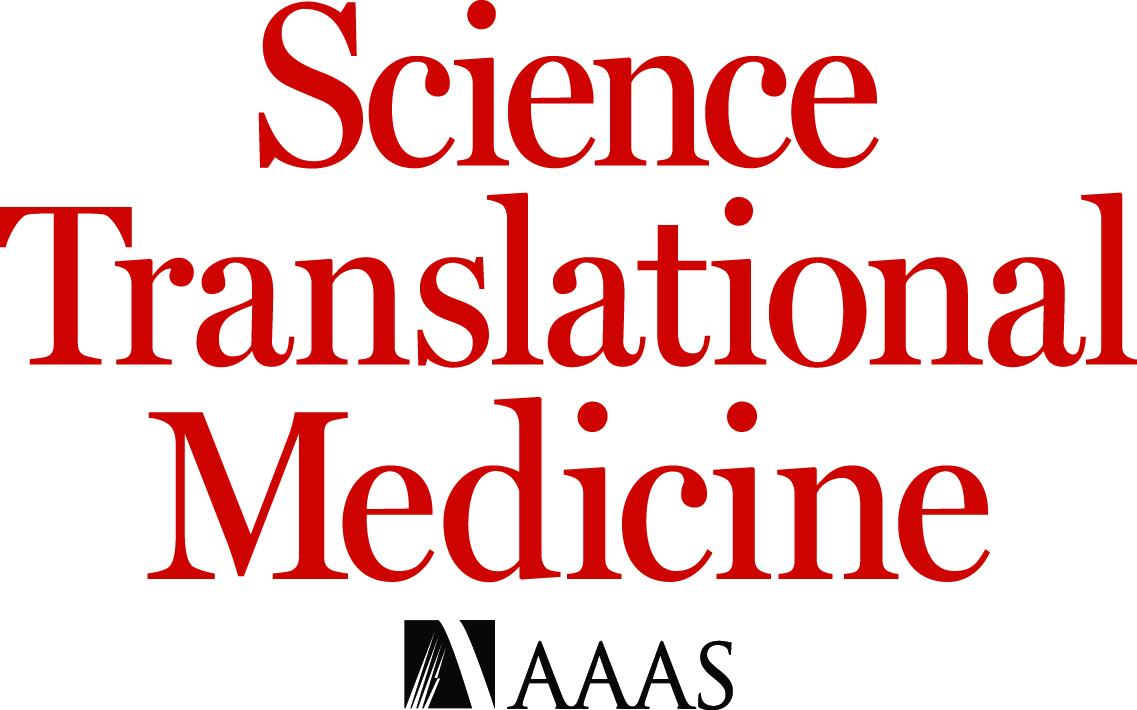Grand Challenges in Parkinson’s Disease
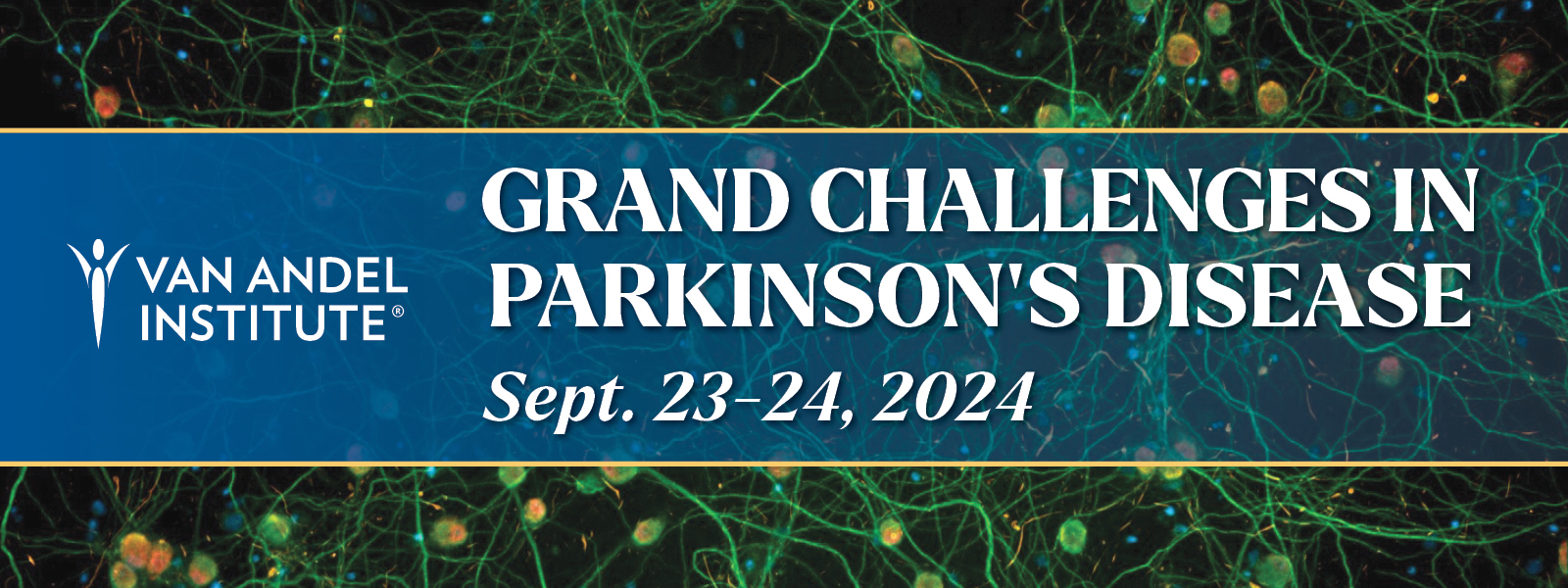
Registration for this event has closed.
Grand Challenges in Parkinson’s Disease brings together hundreds of scientists, clinicians and people with Parkinson’s to explore the latest Parkinson’s research. This year’s symposium will highlight breakthroughs in our understanding of cell vulnerabilities, with a focus on how these advances inform new therapeutic strategies. Sessions will address:
- Non-cell autonomous effects of Parkinson’s genes
- Cell vulnerability
- Cellular response to aggregates
- iPSC modeling
- Gene and immunotherapies
- Cell replacement therapies.
Van Andel Institute and Cure Parkinson’s are thrilled to once again host Rallying to the Challenge, a meeting designed for and by people with Parkinson’s, advocates and care partners that delves into how the Parkinson’s community can impact and accelerate research.
For questions or to be added to our email list, please contact Courtney Zirkle.
Monday, September 23, 2024
Welcome Remarks
Van Andel Institute
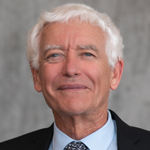
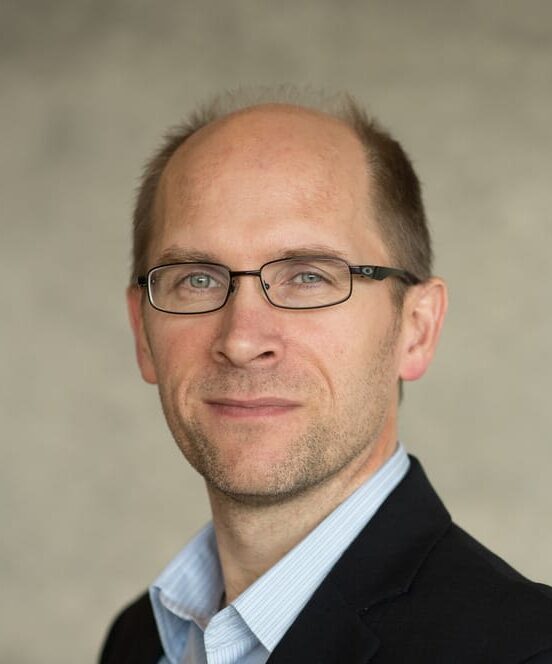
Introduction of Jay Van Andel Award Honoree
Van Andel Institute
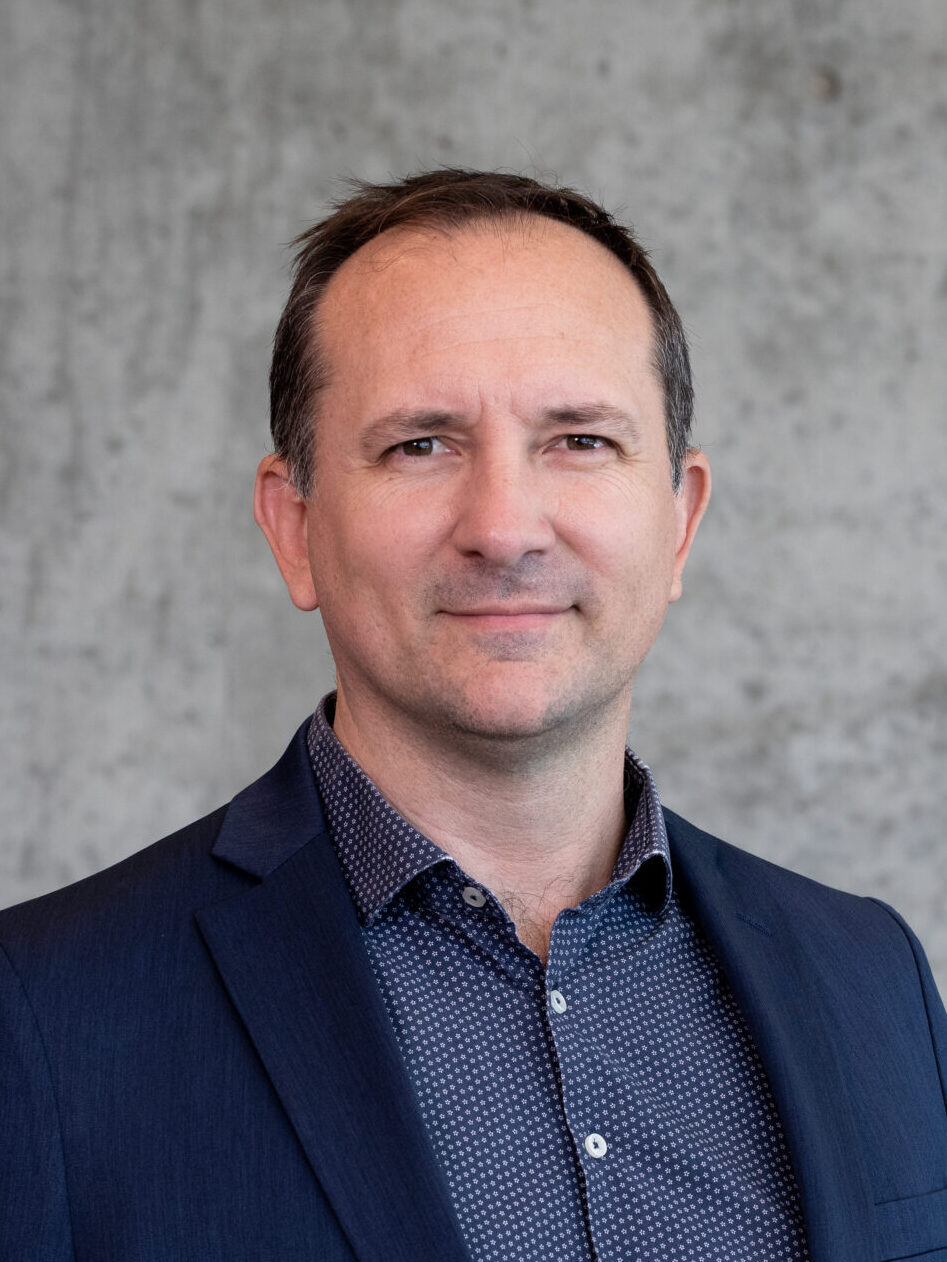
Jay Van Andel Award for Outstanding Achievement in Parkinson’s Disease Research Lecture
Lund University
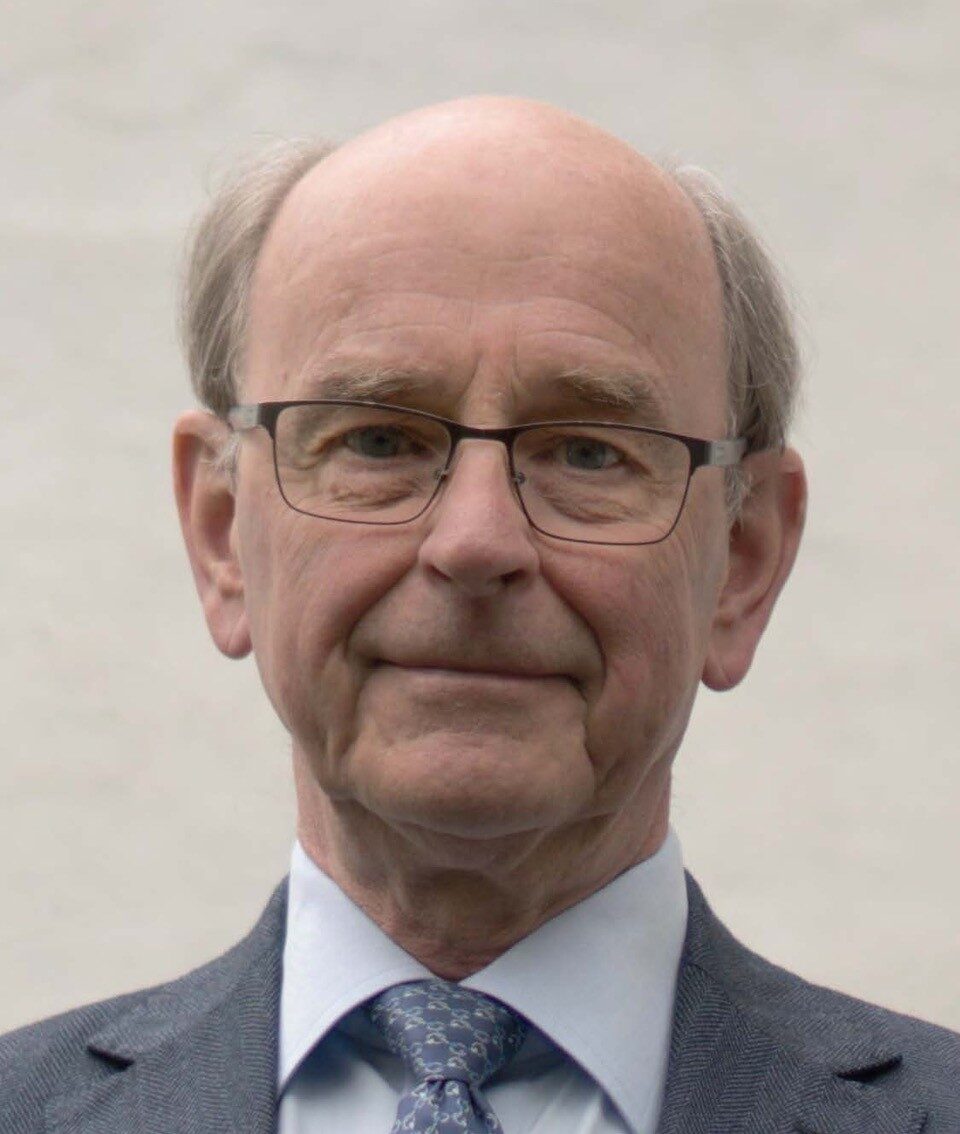
Stem cell therapy for Parkinson´s disease: Where are we now – and what next?
Discussion
Break
Session 1 Chair: Darren Moore, Ph.D.
Ashley Harms, Ph.D.
The University of Alabama at Birmingham
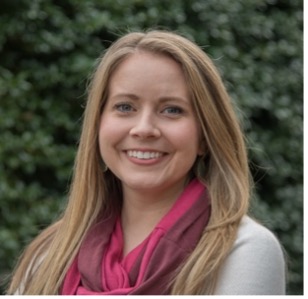
The role of Adaptive Immunity in Parkinson Disease.
Laurie Sanders, Ph.D.
Duke University School of Medicine
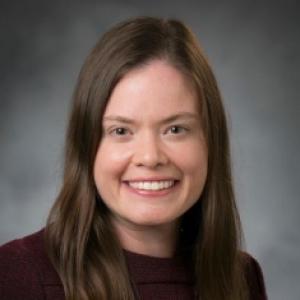
Genome stability and mitochondrial dysfunction in Parkinson’s disease
Lorraine Kalia, M.D.
University of Toronto
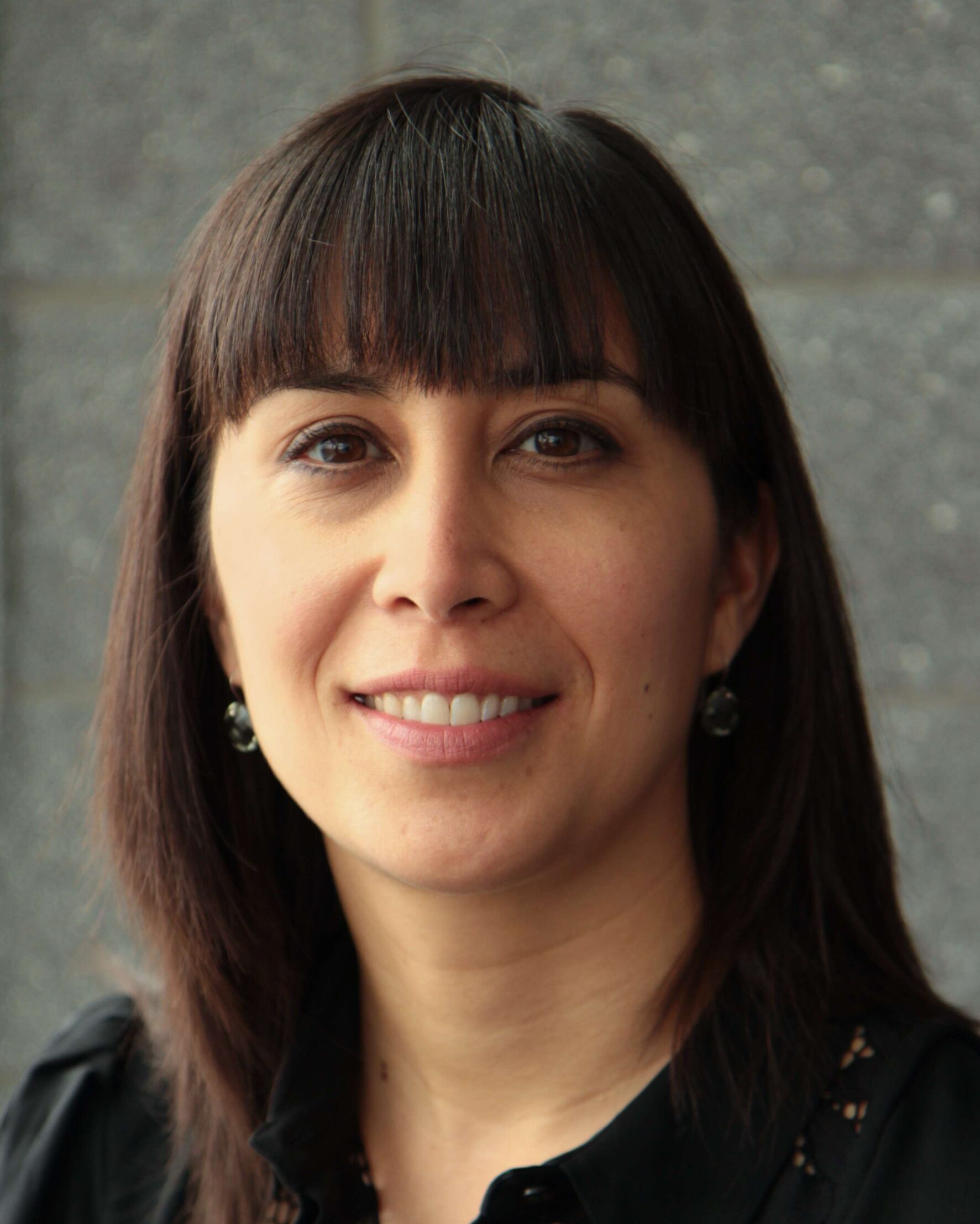
Disrupting the interaction between alpha-synuclein and ESCRT to mitigate neurodegeneration
Discussion
Lunch and Poster Session
Session 2 Chair: Melissa Hoyer, Ph.D.
Caleb Webber, Ph.D.
UK Dementia Research Institute
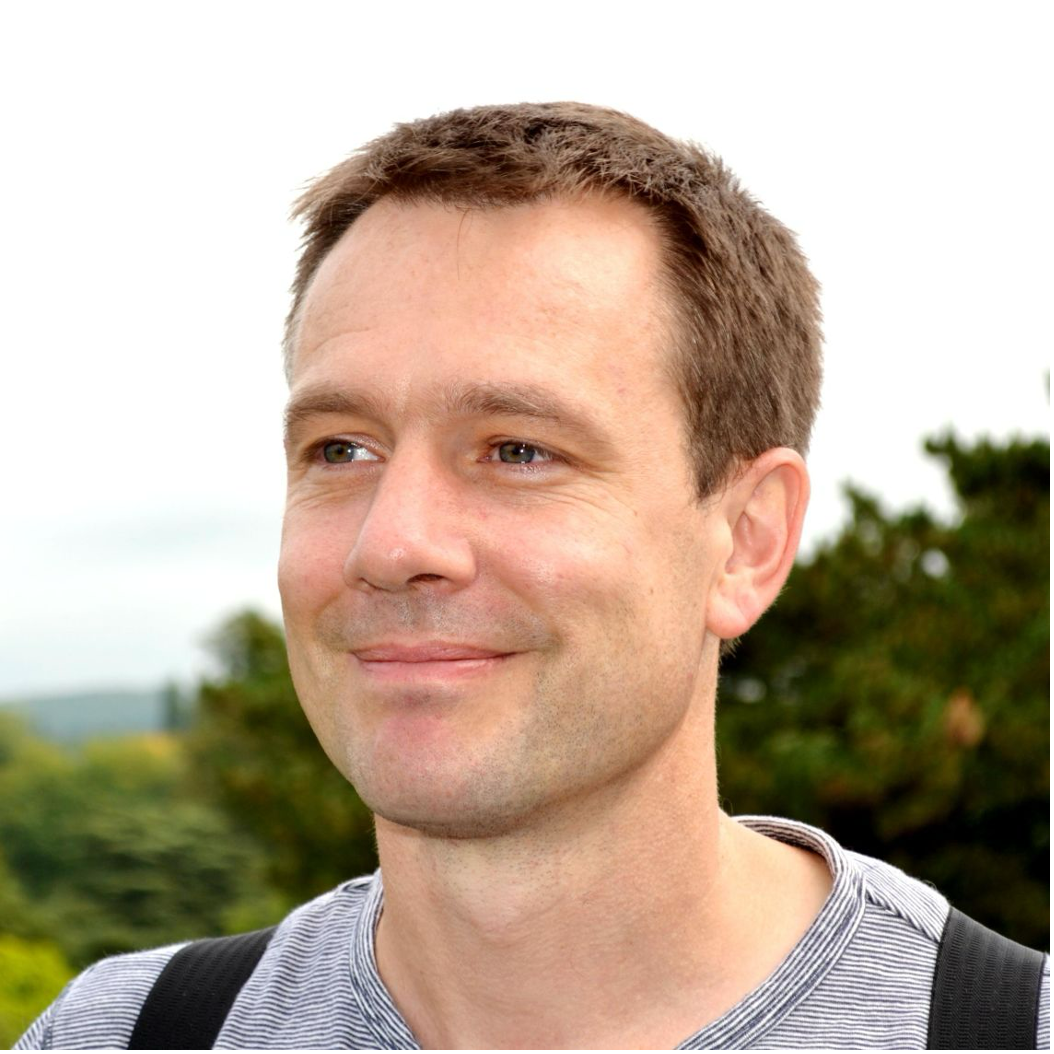
The molecular vulnerability of dopaminergic neurons in Parkinson’s disease.
Zhenyu Yue, Ph.D.
Icahn School of Medicine at Mount Sinai
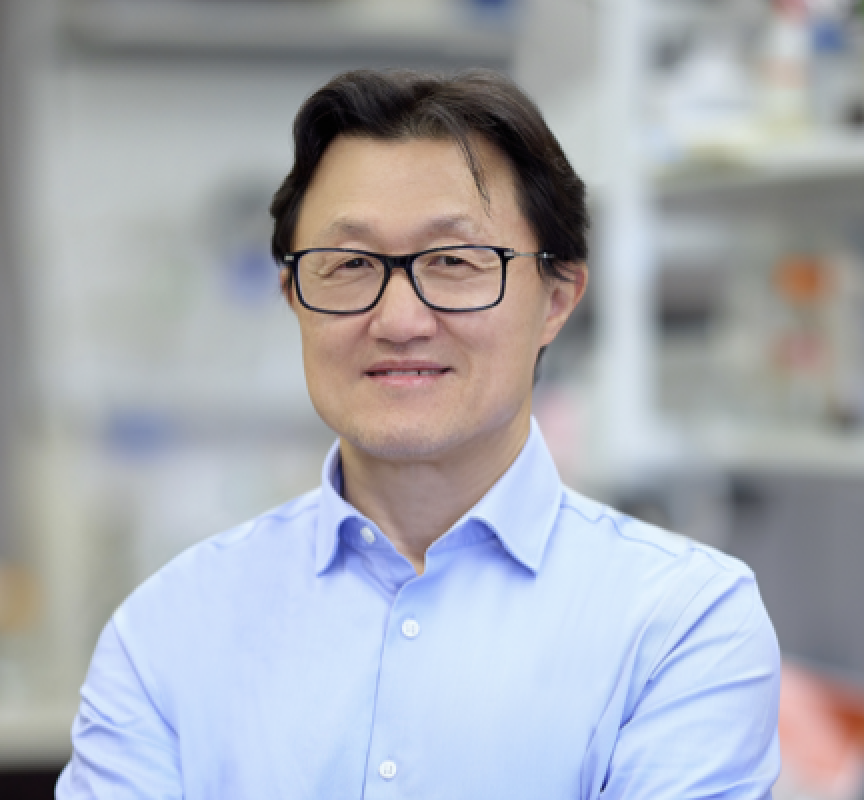
Le Zhang, Ph.D.
Yale University School of Medicine
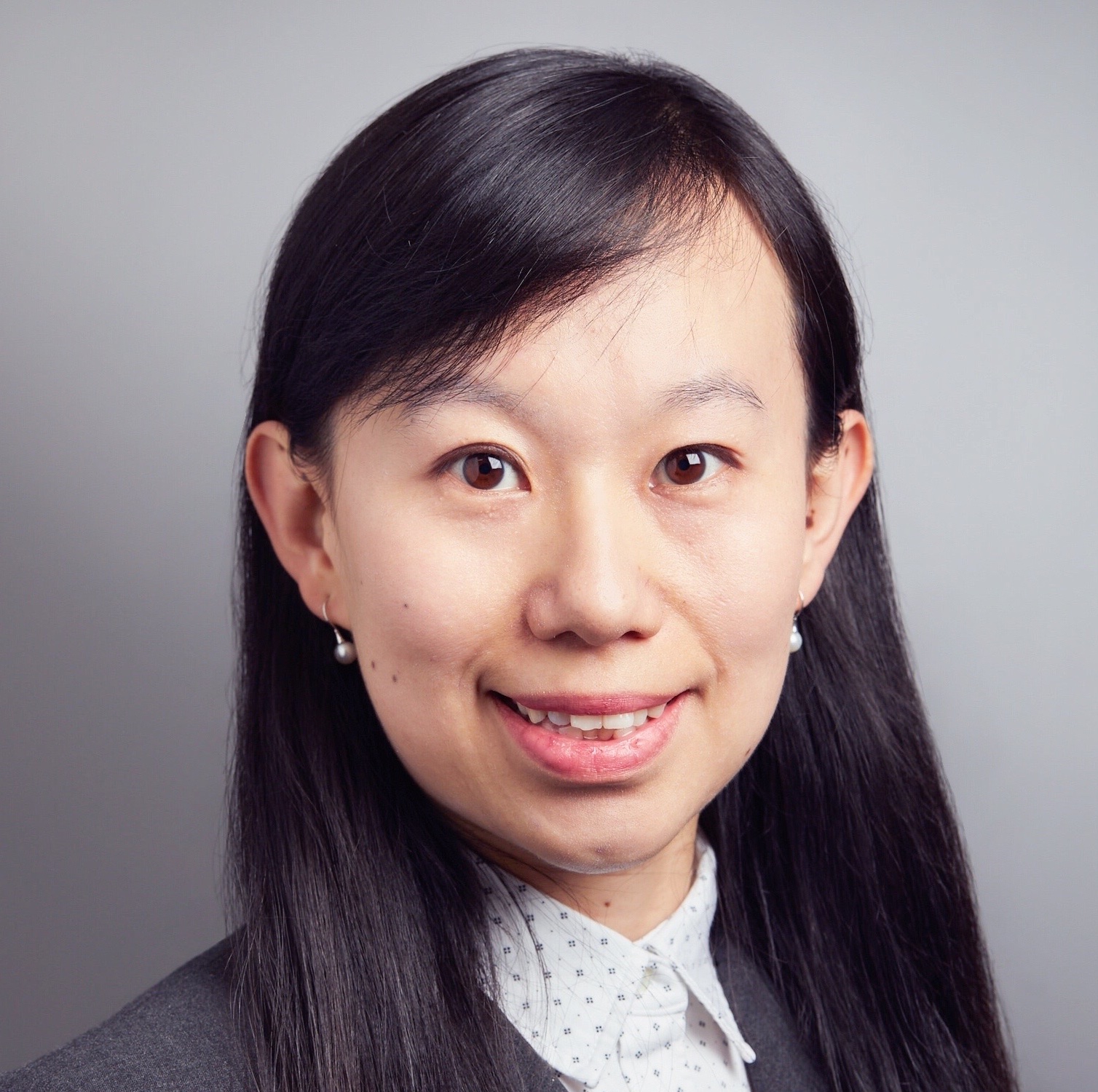
Immune Network Dysregulation of the Central Nervous System in Parkinson’s Disease.
Discussion
Break
Session 3 Chair: Michael Henderson, Ph.D.
Richard Wade-Martins, M.A., D.Phil.
University of Oxford
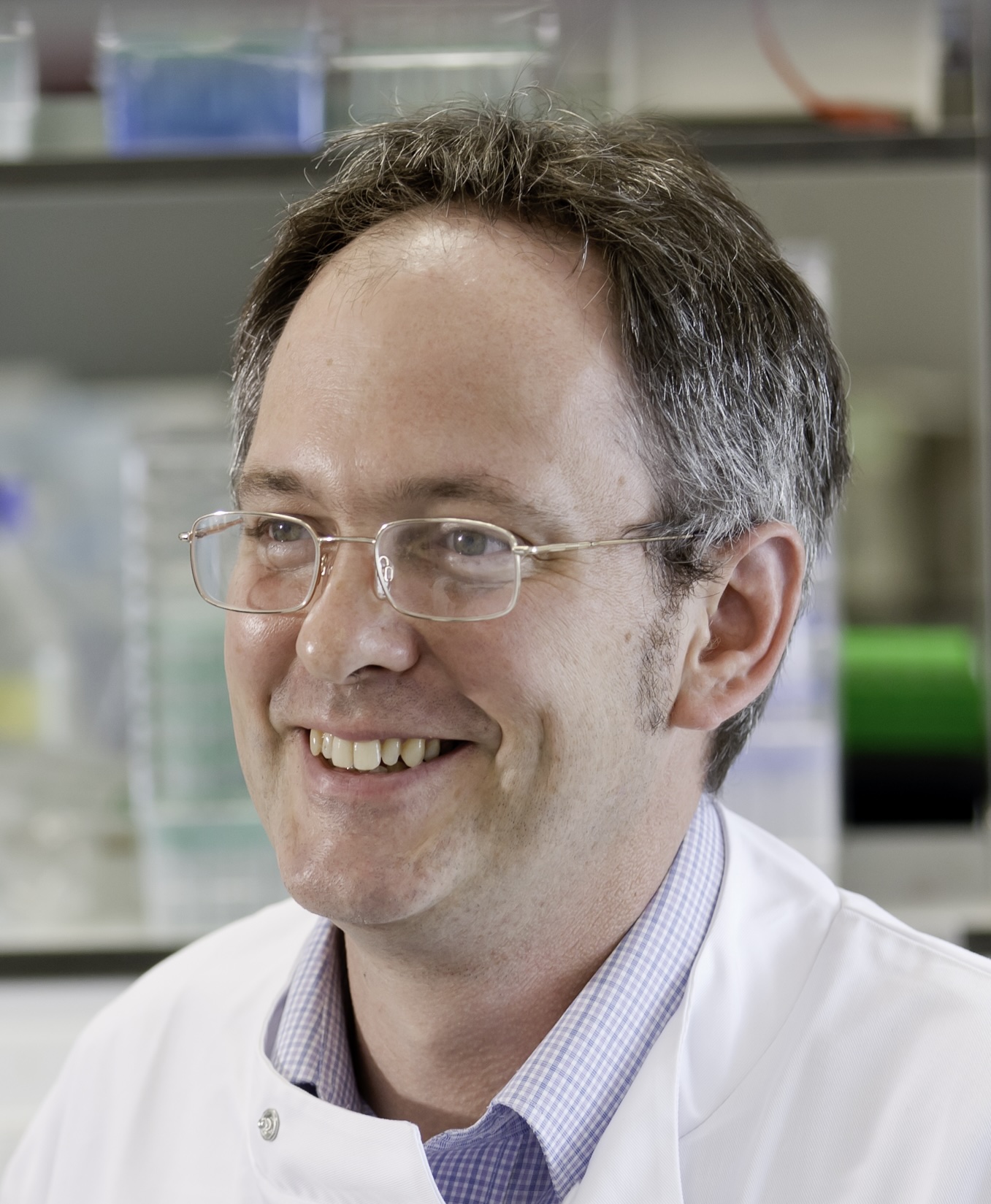
Disease mechanisms and target discovery in iPSC-derived models of Parkinson’s
Pam McLean, Ph.D.
Mayo Clinic
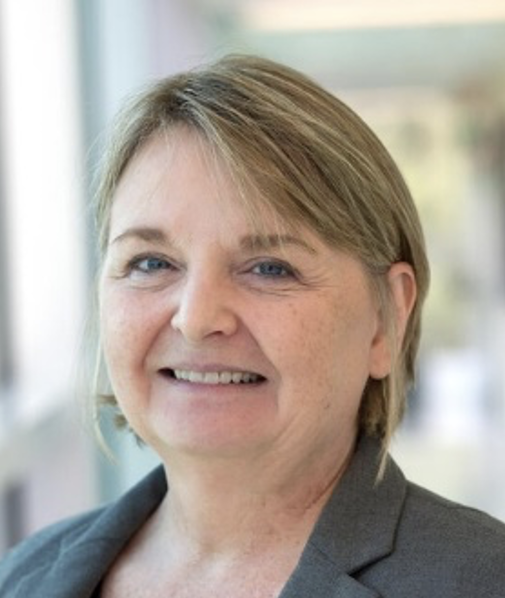
Omar El-Agnaf, Ph.D.
Qatar Biomedical Research Institute
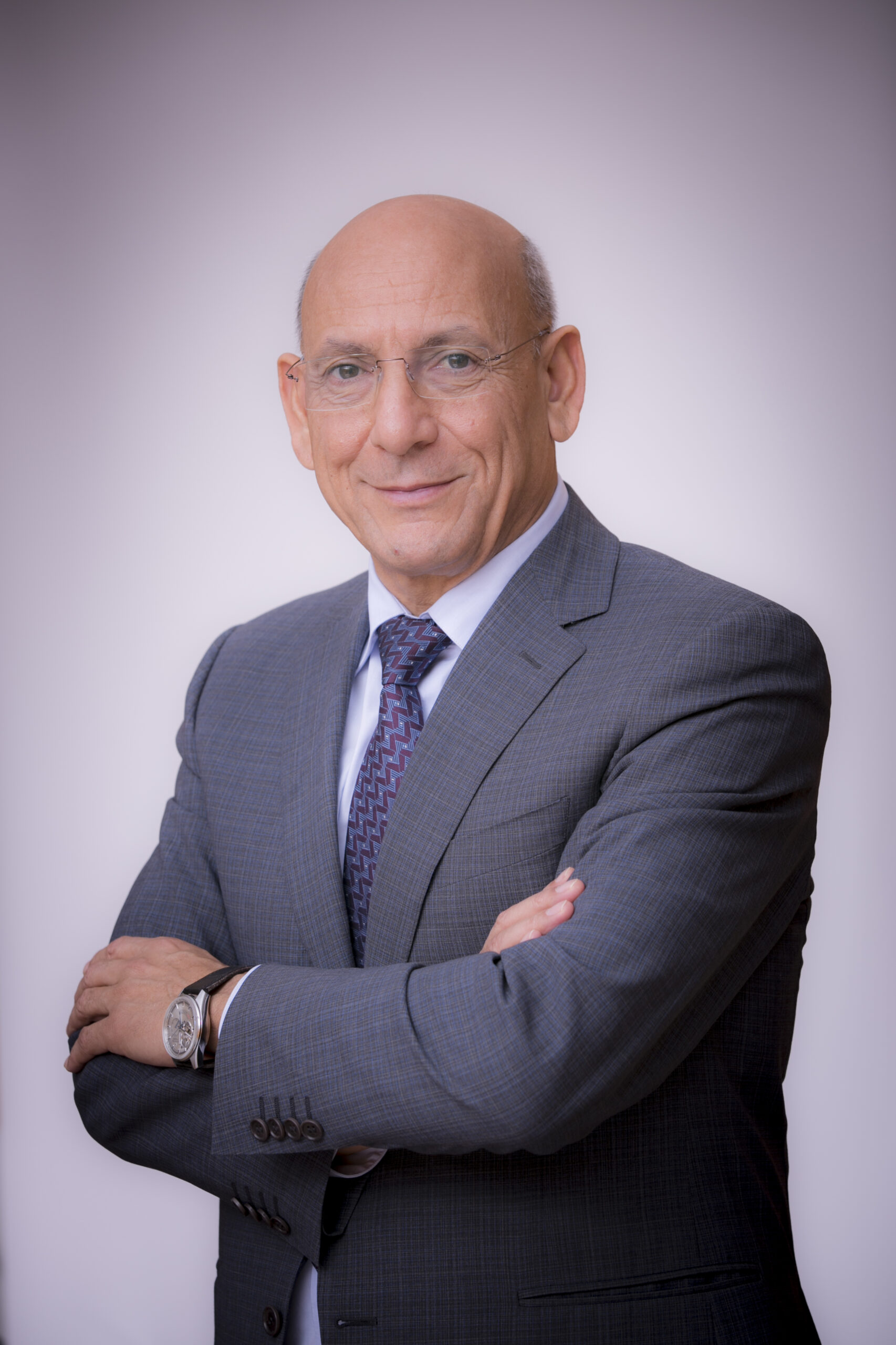
Quantitative Analysis of Misfolded Alpha-Synuclein: A Biomarker for Synucleinopathies
Abstract Selected Talk
Mikaela Rosen
The Mount Sinai Alzheimer’s Disease Research Center A comprehensive single-cell RNA sequencing analysis evaluating the role of T-lymphocytes in idiopathic and genetic Parkinson’s disease
Discussion
Networking Dinner
Dinner tickets must have been purchased during registration
Tuesday, September 24, 2024
Session 4 Chair: Laurent Roybon, Ph.D.
Cornelis Blauwendraat, Ph.D.
National Institutes of Health
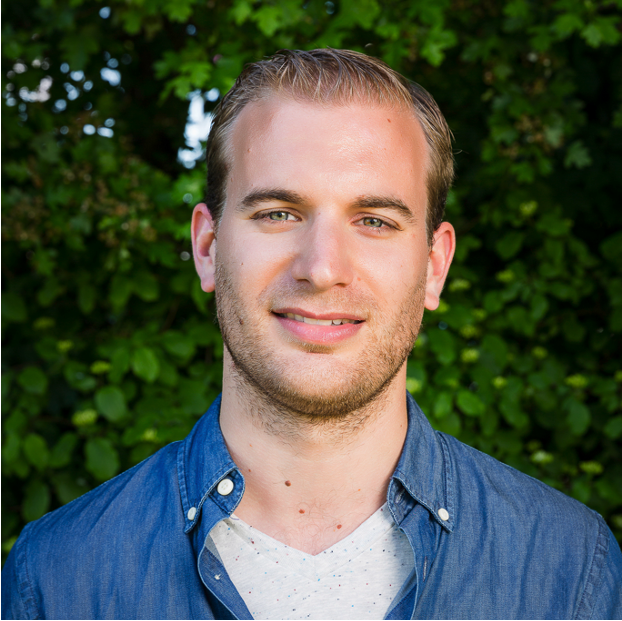
African ancestry neurodegeneration risk variant disrupts an intronic branchpoint in GBA1.
Sarah Shahmoradian, Ph.D.
UT Southwestern Medical Center
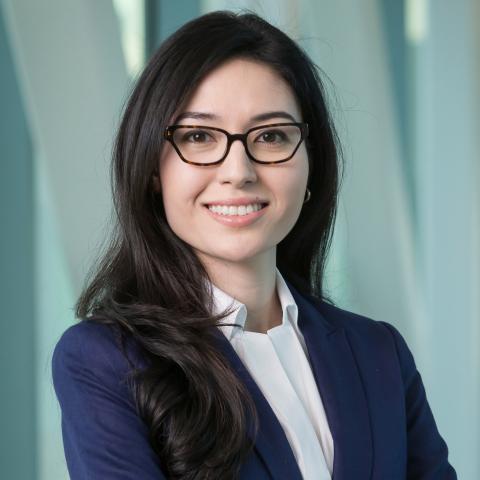
Edward Fon, M.D., FRCP(C)
McGill University
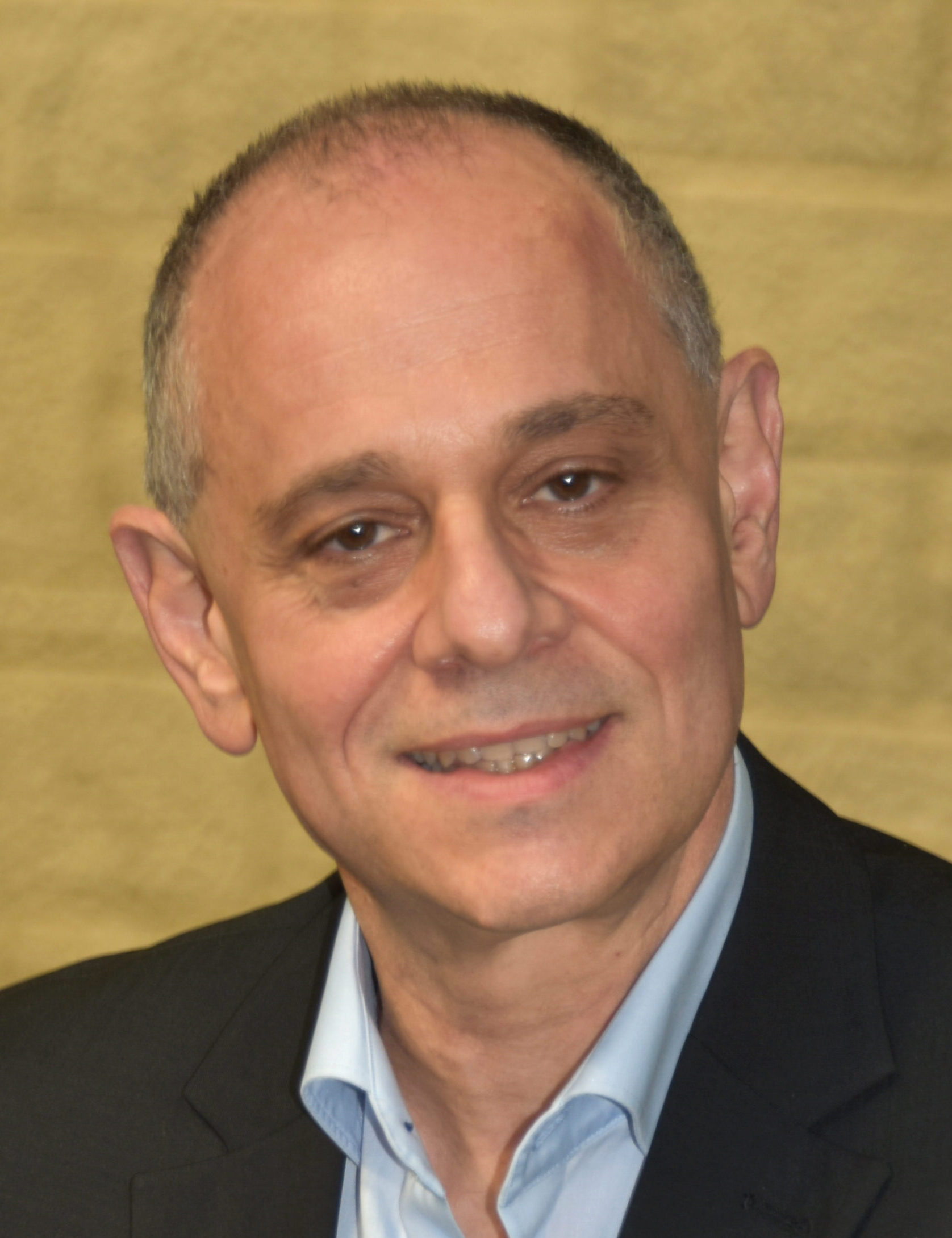
Using iPSC Models to Understand the Biology of Parkinson’s Disease.
Discussion
Break
Session 5 Chair: Lena Brundin, M.D., Ph.D.
Liz Ramsburg, Ph.D.
Spark Therapeutics
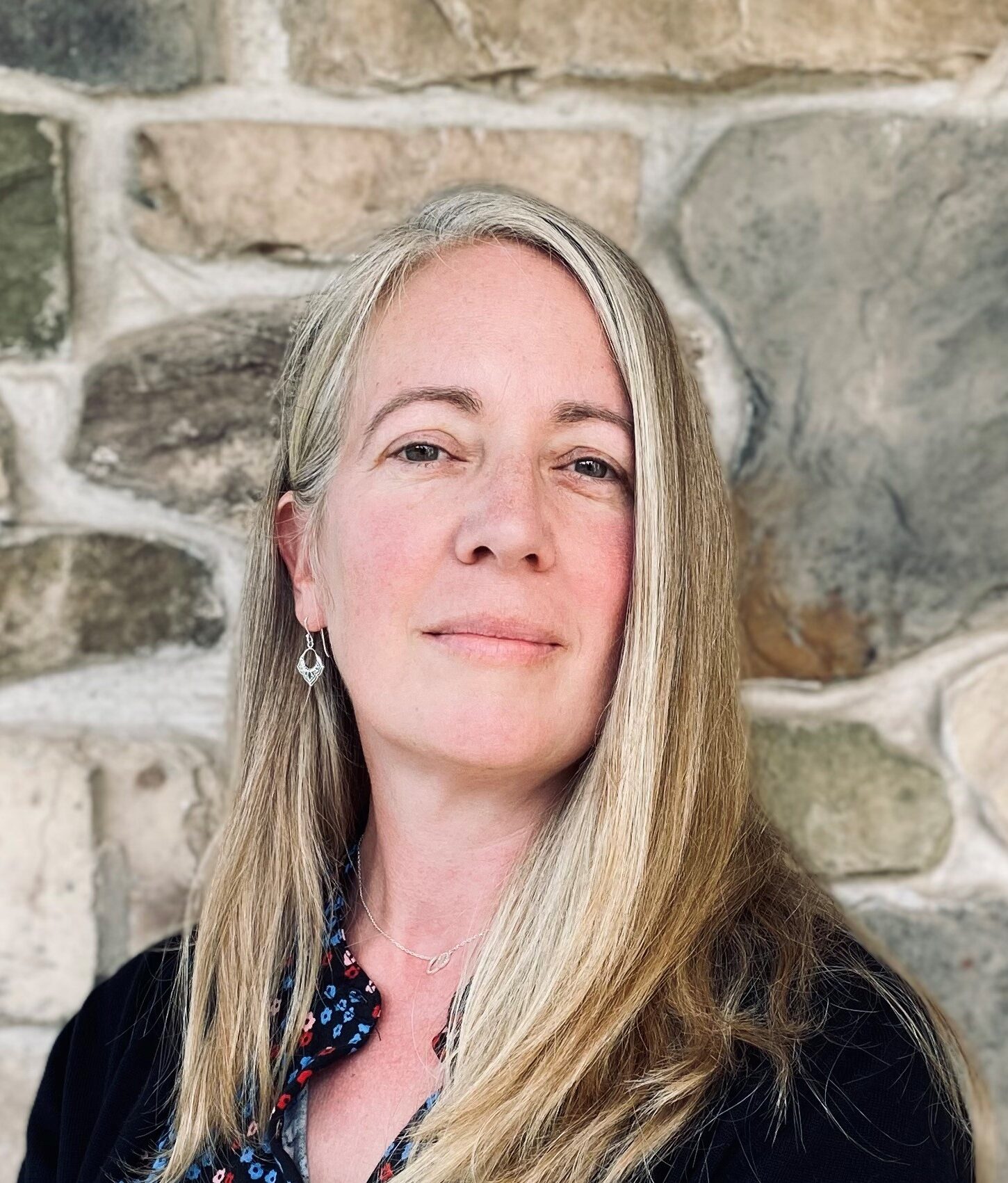
Development and non-clinical testing of an AAV-based therapy for synucleinopathies
Francesca Capotosti, Ph.D.
AC Immune SA
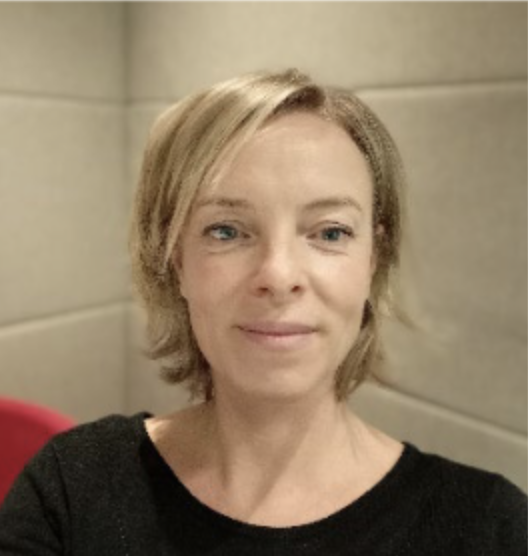
Advances in alpha-synuclein PET ligands.
Pekka Kallunki, Ph.D.
H. Lundbeck A/S
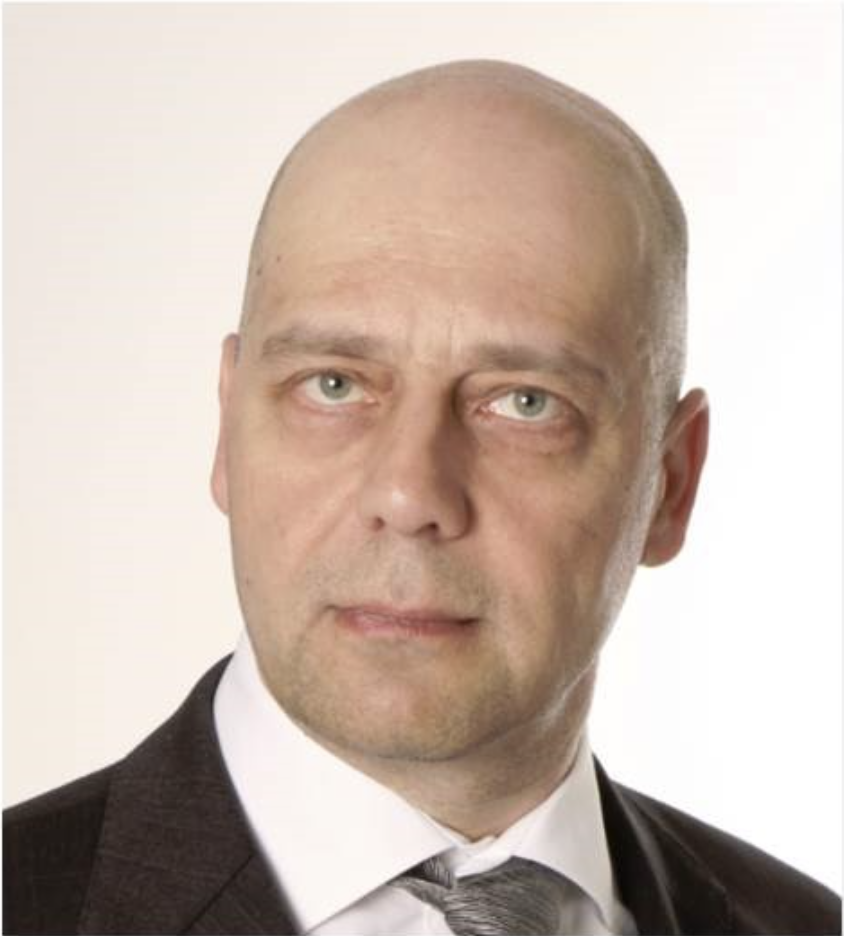
Immunotherapy for Parkinson’s Disease and Multiple System Atrophy.
Discussion
Elisia Clark, Ph.D., MSTR
The Michael J. Fox Foundation for Parkinson’s Research
Lunch
Tom Isaacs Award Presentation
Report from Rallying to the Challenge
Report: International Linked Clinical Trials Initiative
Break
Session 6 Chair: Qiang Zhu, Ph.D.
Roger A. Barker, B.A., MBBS, MRCP, Ph.D., FMedSci
University of Cambridge
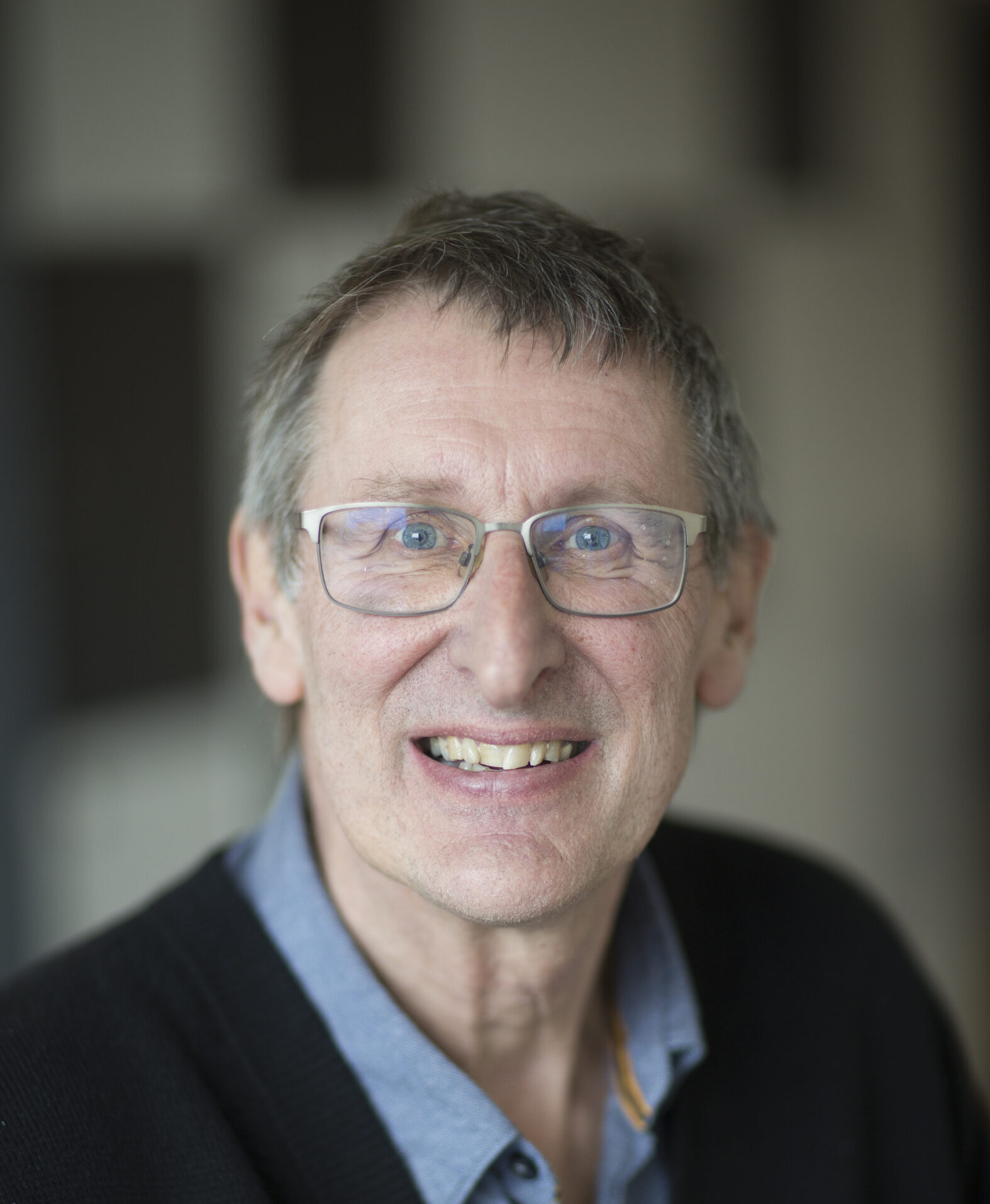
Dopamine cell based therapies for Parkinson’s Disease- A European perspective
Jeffrey Kordower, Ph.D.
Arizona State University

Is Tau the initiator of nigrostriatal degeneration?
Asuka Morizane, M.D., Ph.D.
Kyoto University

Cell therapy trial for Parkinson’s disease with induced pluripotent stem cells
Abstract Selected Talk
Tommie Cammarano, Central Michigan University
Evaluating the long-term behavioral restoration and dopamine release capacity from mesenchymal-derived neuronal stem cell transplantation due to encouraged functional integration with varying levels of complex limb-use use and optogenetic stimulation in a 6 Ohda rat model of Parkinson’s disease
Discussion
Closing Remarks
Van Andel Institute
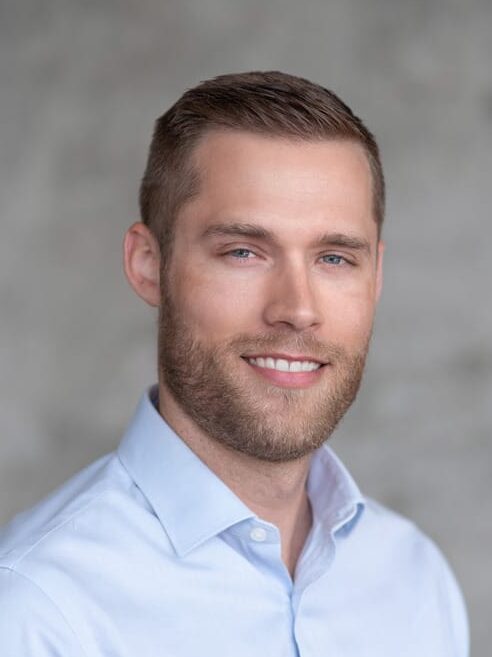
Dr. Roger Barker is the Professor of Clinical Neuroscience at the University of Cambridge and Consultant Neurologist at Addenbrooke’s Hospital. He runs the regional NHS Huntington’s Disease (HD) as well as clinics in Parkinson’s Disease (PD). His research investigates the heterogeneity of these disorders and its basis, which has informed work he has done on trialling new experimental therapeutics for these conditions including cell and gene therapies as well as drug repurposing. He is lead academic scientist of the ARUK-funded Drug Discovery Institute in Cambridge as well as the John Van Geest Centre for Brain Repair. He is Chair of Neurodegeneration at LifeArc and the current President of the World Parkinson Coalition. He is Co-editor in chief of the Journal of Neurology.
Assistant Professor, The Ohio State University
Born and raised in the beautiful city of Valencia, on the east coast of Spain, Luis Bonet-Ponce graduated from the Universidad the Valencia (B.Sc ’11) and obtained his Ph.D in 2015 (Universidad Catolica de Valencia). He moved to the United States and completed his postdoc at the National Institutes of Health (NIH), in Mark Cookson’s group. Currently, Luis is an Assistant Professor within the Department of Neurology at The Ohio State University. His work focuses on understanding the molecular biology underlying neurodegeneration. Specifically, by studying how lysosomal biology contributes to Parkinson’s disease. Outside the lab, he enjoys playing soccer and spending time with the family.
Lund University
During Dr. Capotosti’s ten years of experience in biotech, she has focused on the discovery, preclinical and early clinical development of new therapeutic and diagnostic agents for neurodegenerative diseases, particularly Alzheimer’s and Parkinson’s disease. She currently leads the translational science group providing support and strategic guidance to multiple projects covering various targets, different therapeutic approaches, and spanning from discovery to Phase 2 clinical development.
Scientific Director, Montreal Neurological Institute-Hospital (The Neuro)
Canada Research Chair in Parkinson’s Disease
Professor of Neurology and Neurosurgery
McGill University
Dr. Edward A. Fon is a neurologist-scientist at the Montreal Neurological Institute-Hospital (The Neuro) and a Professor in the Department of Neurology and Neurosurgery at McGill University. He is the Scientific Director of The Neuro, the Director of the FRQS Quebec Parkinson Network and co-Director of the Canadian Open Parkinson Network (C-OPN). His research focuses on the molecular and cellular events leading to Parkinson’s disease (PD). His laboratory has made contributions to understanding the function and cell biology of PD genes and in understanding how defects in these genes lead to PD. He has established the infrastructure at The Neuro to study these genes and pathways in human patient-derived induced pluripotent stem cells (iPSCs), which can be differentiated into neurons, glia and 3D brain organoids. He is currently using these iPSC systems to establish a pipeline to better understand the role of lesser-studied PD genes, identified in recent genome-wide association studies (GWAS), in PD pathogenesis. As Scientific Director of The Neuro, he oversees its platforms including the Clinical Biological Imaging and Genetic repository (C-BIGr) and iPSC/CRISPR Early Drug Discovery Unit (EDDU), all under the auspices of The Neuro’s Open Science principles.
Dr. Pekka Kallunki is research scientist with 25 years experience in pharma working at H. Lundbeck A/S. He is a project lead on a number of internal projects at Lundbeck, as well as external funded by the Michael J. Fox Foundation and the European Union. His main interest is alpha-synuclein, and he developed in vitro, cellular and transgenic models for alpha-synuclein aggregation, and inhibition of seeding and aggregation by antibodies. For last fifteen years he is research project lead on therapeutic antibody for alpha-synuclein, which is now in clinical development for multiple system atrophy, entering phase III in near future.
Pam McLean, Ph.D., is a Professor of Neuroscience at the Mayo Clinic in Jacksonville. Dr. McLean received her Bachelor of Science in biochemistry from the University of Glasgow in Scotland, and her Ph.D. in Pharmacology from Boston University School of Medicine. She received post-doctoral training at Massachusetts General Hospital and Harvard Medical School. She has been at Mayo Clinic in Jacksonville since 2012. Dr. McLean’s research interests revolve around understanding the cellular and molecular mechanisms underlying neurodegeneration in Parkinson’s disease, dementia with Lewy bodies and related neurodegenerative disorders. In particular, her research group studies the role of alpha-synuclein, which misfolds and aggregates in brain regions that are critically involved in these diseases.
Director, Department of Regenerative Medicine, Center for Clinical Research and Innovation, Kobe City Medical Center General Hospital
Dr. Ramsburg is an immunologist with many years experience in the development of vaccines and genetic medicines. Dr. Ramsburg began her academic career at Duke University where she was a member of the Duke Human Vaccine Institute and the Duke Virology Center. While at Duke Liz led a group aiming to develop vaccines and other countermeasures for emerging infections and HIV. In 2013, Liz joined Janssen Pharmaceuticals in the Netherlands, where she supported efforts to develop vaccines and gene therapies for neurodegenerative diseases. Liz joined Spark Therapeutics in 2021 as Head of Neuroscience Research where she manages all preclinical research within the Neuroscience therapeutic area.
Dr. Sanders is an associate professor within the Department of Neurology with a secondary appointment in Pathology at Duke University Medical Center. She is also a faculty member of the Duke Center for Neurodegeneration and Neurotherapeutics, Divisions of Movement Disorders and Translational Brain Sciences. Dr. Sanders received her B.S. from Cornell University and Ph.D. degree in biochemistry from the University at Buffalo. She completed her postdoctoral training in the Pittsburgh Institute for Neurodegenerative Diseases at the University of Pittsburgh, during which she was recognized with The First Parkinson’s Action Network Postdoctoral Advocacy Prize. Dr. Sanders also completed a Masters Certificate in Clinical Research through The Institute for Clinical Research Education from the University of Pittsburgh School of Medicine. In 2015 she was granted the William N. & Bernice E. Bumpus Foundation Innovation award for high risk/high reward ideas that could advance our understanding of Parkinson’s disease. She is the recipient of the 2020 Environmental Mutagenesis and Genomics Society Young Scientist Award. Dr. Sanders leads a translational neuroscience laboratory focused on age-related neurodegenerative diseases. She is also the owner of several awarded or pending patents in the development of biomarkers and neurotherapeutics. Dr. Sanders as the Faculty Lead directs the Interventional Clinical Trials in Neurodegenerative Diseases at the Duke Clinical Research Institute. In this capacity she currently leads a Phase II/III clinical trial for an Alzheimer’s disease therapeutic, as well as an early phase clinical trial with Parkinson’s disease participants.
Associate Professor, University of Connecticut School of Medicine
Dr. Yulan Xiong is currently a tenured Associate Professor at the Department of Neuroscience, UConn Health. She obtained her Ph.D. at Lancaster University, UK, and received her postdoc training at the Johns Hopkins University School of Medicine (JHMI). Before joining the faculty at UConn Health, she was appointed as a tenure-track Assistant Professor at the Department of Neurology at JHMI and at Kansas State University thereafter. She was a recipient of the NIH K01 Mentored Research Scientist Development Award, Parkinson’s Foundation Stanley Fahn Junior Faculty Award, William N. & Bernice E. Bumpus Foundation Innovation Awards, Michael J. Fox Foundation (MJFF) Rapid Response Innovation Awards, etc. Dr. Xiong is a member of the grant committee at the Parkinson’s Foundation and was the Chair of the Stanley Fahn Junior Faculty Award Committee. She is currently serving as a standing member of the NIH NOMD study section.
The Xiong Lab is interested in understanding the mechanisms underlying Parkinson’s disease (PD). How do PD-associated proteins such as LRRK2 and GCase contribute to dopaminergic (DA) neurodegeneration in SNpc? What are the common cellular pathways leading to PD? Specifically on ER homeostasis and endolysosomal trafficking pathway
When is the Grand Challenges in Parkinson’s Disease symposium and Rallying to the Challenge meeting? How much does it cost?
Grand Challenges in Parkinson’s Disease and Rallying to the Challenge will take place Sept. 23–24, 2024. Registration will open in spring 2024 and close in September 2024.
- $50 for trainees (graduate students and postdoctoral fellows)
- $100 for non-trainees
How do I attend the Scientific Networking Dinner?
This year’s Scientific Networking Dinner will be held on September 23rd at the Amway Grand Plaza. Tickets are required and may be added during the registration process. Dinner and drinks are included in the fee.
What if I need or other accommodations?
Please contact Courtney Zirkle to discuss any special accommodation needs.
How do I become a sponsor?
Please contact Courtney Zirkle for more information on sponsorship opportunities.
What is the refund policy?
Refund requests must be made in writing to the Grand Challenges in Parkinson’s Disease by Sept. 14, 2024. After Sept. 14, refund requests will not be honored. If you are not able to attend, a substitute may attend in your place. The name and email address of the substitute must be emailed to Courtney Zirkle prior to Sept. 14, 2024.
Code of Conduct Guidelines
We are dedicated to providing a harassment-free, non-discriminatory symposium experience for all participants, regardless of race, color, national origin, religion, sex, age, disability, pregnancy, height, weight, marital status, veteran status, sexual orientation, gender identity, or other personal characteristics covered by applicable law. We will not tolerate harassment of conference participants in any form. We expect participants at our events to engage in constructive and professional discussions at all times. Harassment can include unwelcomed attention, inappropriate comments or jokes that refer to gender differences, sexual topics, requests for dates, or other sexual activities as well as the use of language that may demean or degrade individuals. These behaviors are not appropriate for any of our conference venues, including talks, workshops, networking sessions, poster sessions, social networking platforms, and other online media platforms. Any participant violating these guidelines will be removed from the symposium at the discretion of the conference organizers.
Anyone who has experienced the above, or who has witnessed such behavior, should notify Courtney Zirkle. Anonymous reporting may also be done through the EthicsPoint Hotline.
Jay Van Andel Award for Outstanding Achievement in Parkinson’s Disease Research
The Jay Van Andel Award for Outstanding Achievement in Parkinson’s Disease Research was established in 2012 in memory of Van Andel Institute founder Jay Van Andel, who battled Parkinson’s disease for a decade before his death in 2004. The award is given to scientists who have made outstanding contributions to Parkinson’s disease research and who have positively impacted human health.
About Jay Van Andel
Entrepreneur and philanthropist Jay Van Andel, perhaps best known as the co-founder of Amway, founded Van Andel Institute in 1996 with his wife Betty. Mr. Van Andel saw opportunity in the landscape of his hometown of Grand Rapids, Michigan, and imagined a thriving center for biomedical research, health care and the life sciences industry. He forged ahead in pursuing this dream despite his diagnosis of Parkinson’s, which eventually took his life in 2004.
In his autobiography, An Enterprising Life, Mr. Van Andel wrote, “Research into the causes and potential cures for Alzheimer’s, Parkinson’s, and other diseases is promising but requires much more support…I hope that my own contributions to medical research will be followed by increased support from other entrepreneurs, charitable foundations, and concerned individuals.”
Past Winners
2023 — Virginia Y.M. Lee, Ph.D.
2022 — Anthony E. Lang, O.C., M.D., FRCPC, FAAN, FCAHS, FRSC
2021 — Ted Dawson, M.D., Ph.D.
2020 — Daniela Berg, M.D., and Ron Postuma, M.D., M.Sc.
2019 — Ellen Sidransky, M.D.
2018 — K. Ray Chaudhuri, M.D., FRCP, D.Sc.
2017 — J. William Langston, M.D.
2016 — Stanley Fahn, M.D.
2015 — Robert Nussbaum, M.D., and Maria Grazia Spillantini, Ph.D., FMedSci, FRS
2014 — Andrew John Lees, M.D., FRCP, FMedSci
2013 — Alim-Louis Benabid, M.D., Ph.D.
2012 — Andrew Singleton, Ph.D.
Monday, September 23, 2024
8:00 am EST to 5:00 pm EST
9:00 a.m. – Jay Van Andel Award:
Anders Björklund, M.D., Ph.D.
Presented in Tomatis Auditorium during Grand Challenges in Parkinson’s Disease
10:00 a.m. – Welcome to Rallying to the Challenge
Shaun Hindley
10:05 a.m. – What do we mean by “Cell Vulnerabilities and Therapeutics?”
What will be discussed during Grand Challenges in Parkinson’s Disease and why is it important
Simon Stott, Ph.D. — Cure Parkinson’s
10:25 a.m. – What do cells do in response to protein aggregation?
Thomas Goralski, M.S. — Henderson Lab, Van Andel Institute
10:45 a.m. – Q&A
10:50 a.m. – Break
11:10 a.m. – What can go wrong with cells in Parkinson’s 1: Genetics
Vanessa Howland, Van Andel Institute
11:30 a.m. – Genetics as a treatment target: an overview of what’s going on
11:40 a.m. – Q&A
11:45 a.m. – Break
12:00 p.m. – What can go wrong with cells in Parkinson’s? Mitochondrial DNA damage — a biomarker for PD?
Laurie Sanders, Ph.D., Duke University
12:25 p.m. – Mitochondria as a treatment target: An overview of what’s going on
12:30 p.m. – Lunch
1:10 p.m. – How can we see if a treatment might work in humans? iPSC cell modelling?
Edward Fon, M.D. FRCP(C), McGill University
1:30 p.m. – How the MiND Program is contributing to our knowledge about Parkinson’s — Types of biological sampling
Erin Williams, Ph.D. — MiND Program, Van Andel Institute
1:50 p.m. – Q&A
2:00 p.m. – Break
2:20 p.m. – Critical Path for Parkinson’s — What data is collected in clinical trials and why is that data so important?
Martijn Muller, Ph.D., Critical Path Institute
2:35 p.,. – How can we see if a treatment is working? — Lumbar Punctures: what, why and wherefore?
Anaya Navangul, M.Res. — Cure Parkinson’s
2:55 p.m. – LP survey discussion, outline and feedback
Anaya Navangul, M.Res. — Cure Parkinson’s
3:15 p.m. – Focus group: Disease Modification
What does it feel like?
What does it look like?
How can we collect evidence of change?
Facilitated by CP team with Martijn Muller
3:40 p.m. – Break
4:10 p.m. – Resources that would be useful to explain Disease Modification and Biological sampling? What exists, where are the gaps, room for improvement?
Katelyn Beissert, M.S. — Cure Parkinson’s
4:30 p.m. – Feedback from focus groups and compilation of needs (biological sampling)
4:55 p.m. – Closing remarks. Day 1 ends.
Shaun Hindley
Tuesday, September 24, 2024
9:30 am EST to 2:00 pm EST
9:30 a.m. – Arrival and tea/coffee
9:45 a.m. – Welcome and opening remarks
9:50 a.m. – What is gene therapy?
Matthias Luz, M.D., Asklepios BioPharmaceutical
10:10 a.m. – Ask Bio: AAV2 GDNF
Professor Alan Whone
10:45 a.m. – Break
11:00 a.m. – What is cell replacement?
Roger Barker, MBBS, MRCP, Ph.D. — University of Cambridge
11:40 a.m. – What cell replacement and gene therapy studies are underway? What stage are they at and how do the approaches compare?
11:55 a.m. – Q&A
12:00 p.m. – Lunch
1:15 p.m. – Guy Deacon: Running on Empty
Helen Matthews
1:45 p.m. – Move to main auditorium
2:00 p.m. – Tom Isaacs Award
2:15 p.m. – Report from Rallying
2:30 p.m. – Report: International Linked Clinical Trials Initiative
Poster abstracts may be submitted during registration, which will open in spring 2024. For questions or to be added to our email list, please contact Courtney Zirkle.
Eligibility
Students, postdoctoral fellows, faculty and research staff are welcome to submit an abstract. If the number of submitted poster abstracts exceeds the space, the organizers will select the abstracts that are most relevant to the conference theme.
Abstract format
Submitted abstracts should represent original research. The title should be brief and descriptive, and the body should include rationale, methods and results. Please prepare abstracts using the below template.
Abstract submission
Poster abstracts should be submitted during the registration process.
Questions?
Questions regarding abstract submission, posters, or the poster session can be directed to Courtney Zirkle.
TITLE OF ABSTRACT IN ALL CAPS (STYLE = TITLE)
Presenting Author1,2, Other Author1, and Last Author1,3(Style = Authors)
1First Dept., Institution, City, State, Country, 2Second Dept., Institution, City, State, Country, and 3Last Dept., Institution, City, State, Country (Style = Affiliations)
Body of abstract using 300 words or less. Define each abbreviation at first use. All fonts should be Arial, 11 pt. and text should be single-spaced. Once you have filled in this template, choose File>Save As and save your file as a Word document (.doc or .docx) with the filename lastname_abstract. (Style = Body)
EXAMPLE
THE ROLE OF A-SYNUCLEIN IN PARKINSON’S DISEASE PATHOLOGY
Joe Smith1
1Department of Neurodegenerative Science, Van Andel Institute, Grand Rapids, MI, United States
The pathological hallmark of Parkinson’s disease (PD) is protein-rich, intraneuronal inclusions known as Lewy bodies and Lewy neurites, which are composed primarily of aggregates of misfolded a-synuclein (a-syn) protein. Recent studies suggest…
Grand Challenges in Parkinson’s Disease brings together hundreds of scientists, clinicians and people with Parkinson’s to explore the latest in Parkinson’s disease translational research.
For questions or to be added to our email list, please contact Courtney Zirkle.
About Grand Challenges
Grand Challenges in Parkinson’s Disease is an annual scientific symposium that brings together scientists, clinicians, advocates and people with Parkinson’s to explore the latest innovative Parkinson’s disease research.
Since it was established in 2012, Grand Challenges has grown into a multi-faceted symposium that draws attendees from across the globe. Previous themes have explored the role of non-motor symptoms, genes and pathways, disease-modifying therapies, inflammation, clinical trials and drug development.
Programs from previous years
- 2023 Grand Challenges in Parkinson’s Disease
- 2022 Grand Challenges in Parkinson’s Disease
- 2021 Grand Challenges in Parkinson’s Disease
- 2020 Grand Challenges in Parkinson’s Disease
- 2019 Grand Challenges in Parkinson’s Disease
- 2018 Grand Challenges in Parkinson’s Disease
- 2017 Grand Challenges in Parkinson’s Disease
- 2016 Grand Challenges in Parkinson’s Disease
- 2015 Grand Challenges in Parkinson’s Disease
2024 Scientific Program Committee
Darren Moore, Ph.D. (Co-Chair) — Van Andel Institute
Michael Henderson, Ph.D. (Co-Chair) — Van Andel Institute
Laurent Roybon, Ph.D. (Co-Chair) — Van Andel Institute
Omar M. El-Agnaf, Ph.D. — Qatar Biomedical Research Institute
Lorraine Kalia, M.D., Ph.D., FRCPC — University of Toronto
Mina Ryten, M.D., Ph.D. — University College London, Queen Square Institute of Neurology
Sarah Shahmoradian, Ph.D. — UT Southwestern Medical Center
Soania Mathur, B.Sc., M.D., CCFP — Patient Advocate
Local Planning Committee
Kayla Habermehl — Science Communications Specialist III, Van Andel Institute
Courtney Zirkle — Events and Meeting Specialist II, Van Andel Institute
For more information, please contact Courtney Zirkle..
About Rallying to the Challenge
In 2014, VAI and U.K.-based research charity The Cure Parkinson’s Trust held the first Rallying to the Challenge meeting in conjunction with Grand Challenges in Parkinson’s Disease. Rallying to the Challenge drew more than 100 influential advocates, people with Parkinson’s, and caregivers to the Institute to discuss how people with Parkinson’s can improve the clinical trial process. Over two days of talks, discussions and working groups, Rallying attendees laid the foundation for the beginnings of a patient charter and comprehensive toolkit to improve patient involvement in trials and to ensure their voices are heard.
About Van Andel Institute
Van Andel Institute (VAI) is committed to improving the health and enhancing the lives of current and future generations through cutting-edge biomedical research and innovative educational offerings. Established in Grand Rapids, Michigan, in 1996 by the Van Andel family, VAI is now home to more than 500 scientists, educators and support staff, who work with a growing number of national and international collaborators to foster discovery. The Institute’s scientists study the origins of cancer, Parkinson’s and other diseases and translate their findings into breakthrough prevention and treatment strategies. Our educators develop inquiry-based approaches for K-12 education to help students and teachers prepare the next generation of problem-solvers, while our Graduate School offers a rigorous, research-intensive Ph.D. program in molecular and cellular biology.
Event Details
Contact Info:
Email: Courtney ZirkleThanks to our wonderful sponsors!
Discovery Sponsor
Supporting Sponsors




